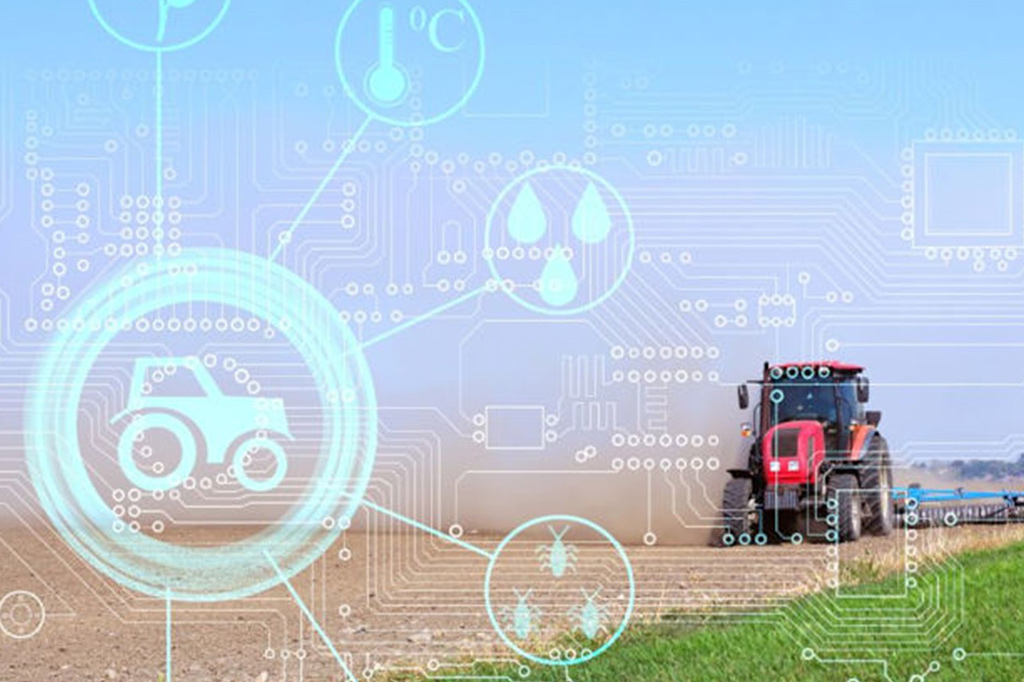Where and how is the digitalisation of agriculture in Hungary today?
What are the main tasks, objectives and opportunities in this field?
“Data collection and use in agriculture is on the verge of a technological explosion. In the near future, the possibilities of using data for production, business management and product development will grow by leaps and bounds. The possibilities of artificial intelligence, 5G, IoT and autonomous or automated systems will bring significant changes and we must strive not to be left behind”, says Levente Szabó, Project Manager.
Where and how is the digitalisation of agriculture in Hungary today? What are the main challenges, goals and opportunities in this field?
This was one of the topics discussed on Day 0 of PREGA 2024, when Balázs Győrffy, President of the National Chamber of Agriculture, Dr Endre Harsányi, Vice-Rector of the University of Debrecen, Zsolt Harsányi, Managing Director and owner of AXIÁL Kft. and Levente Szabó, Project Manager of 4iG Plc exchanged their views on “The future of our agriculture in the age of data”. The discussion was moderated by Péter Miklós Varga, expert of the Cibus Hungaricus Foundation.
In his introduction, Péter Varga said that in the past, agriculture was based on empirical data, and from the 1980s, digital data appeared and there were spreadsheet records of production and interventions. He added that data was not then and is not now important for its own sake but is needed to support decision making.
When asked how Hungary is currently managing data, Levente Szabó said that data collection and use in agriculture is on the verge of a technological explosion. In the near future, the possibilities for using data in production, business management and product development will grow by leaps and bounds. The possibilities of artificial intelligence, 5G, IoT and autonomous or automated systems will bring significant changes, and we must strive not to be left behind.
Dr. Endre Harsányi emphasised that education, and with it the knowledge, skills and machine background, can help us to better manage data in Hungary. He added that the University of Debrecen has started to train precision agriculture engineers, professional engineers and drone pilots.
Being open to new things and generational change is a boost for the introduction of new technologies, added Balázs Győrffy. He emphasised that it is possible to reject things up to a certain level of novelty, but as soon as they become a condition for the viability of the farm in daily practice, it becomes economically impossible for those who do not take action.
Self-propelled machines with autonomous power are already here in Hungary. In 2-3 years, they will be able to drive, optimise and control the machines on their own, says Zsolt Harsányi. At the same time, he pointed out that these machines can also face technical problems, and sensors are difficult to operate during agricultural work, so continuous development and improvement is essential. He stressed that experts are already available if farmers have the will to learn about new technologies, if they want to introduce them, they are available to them.
On the question of who should deal with digitalisation, participants agreed that everyone should look at the issue and make an economic decision on who should implement it, based on the size of the farm, and at the same time farmers should think about what other solutions they can find if they cannot keep up with this technological step.
